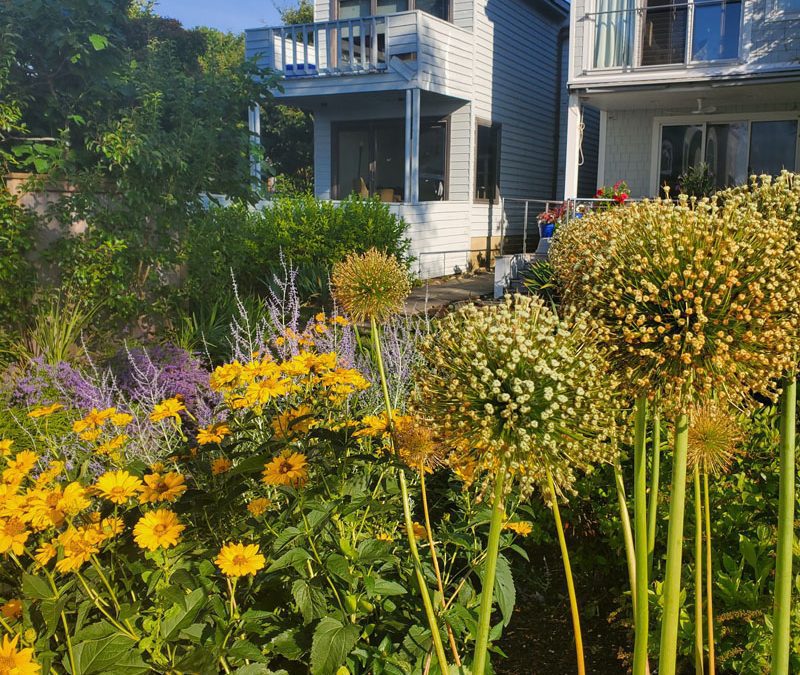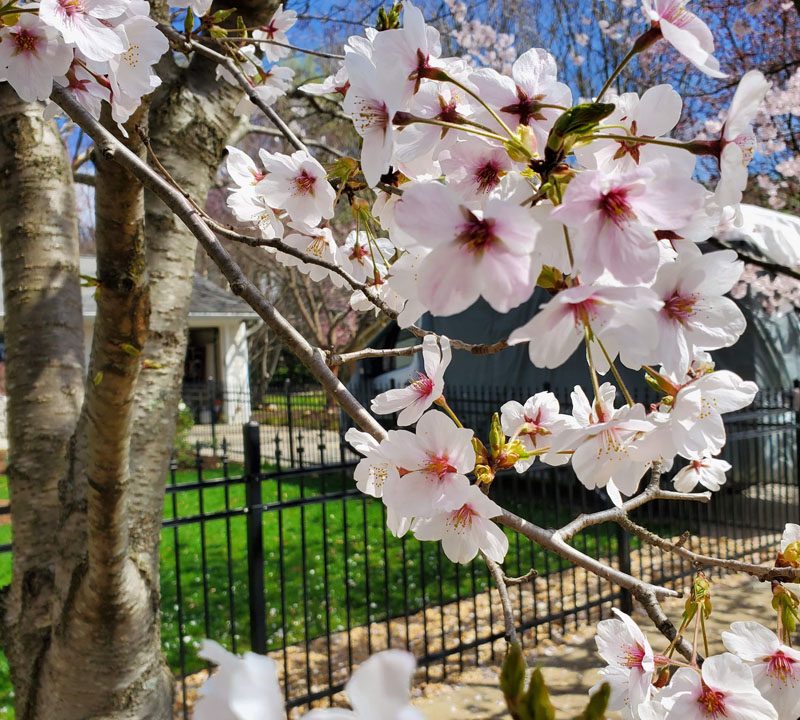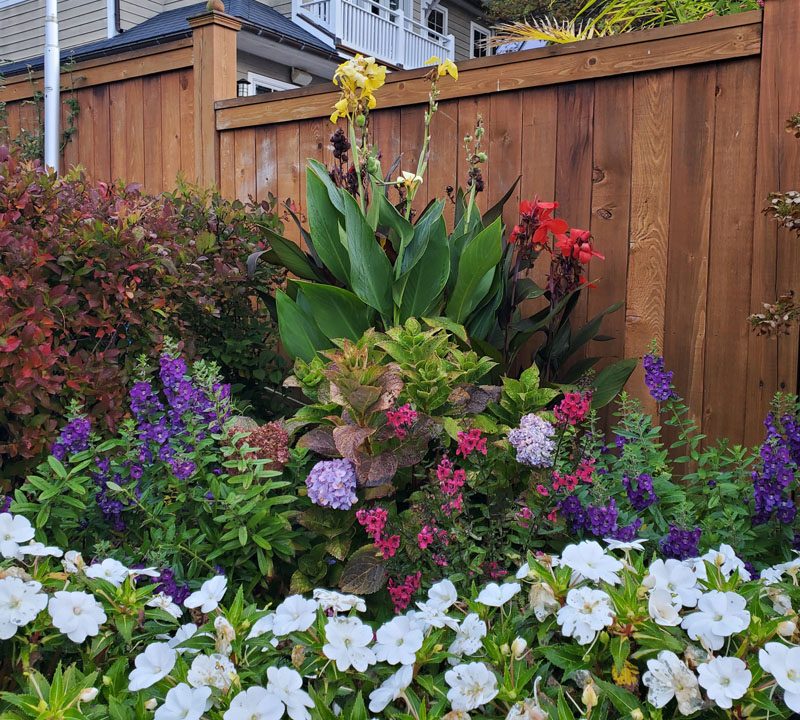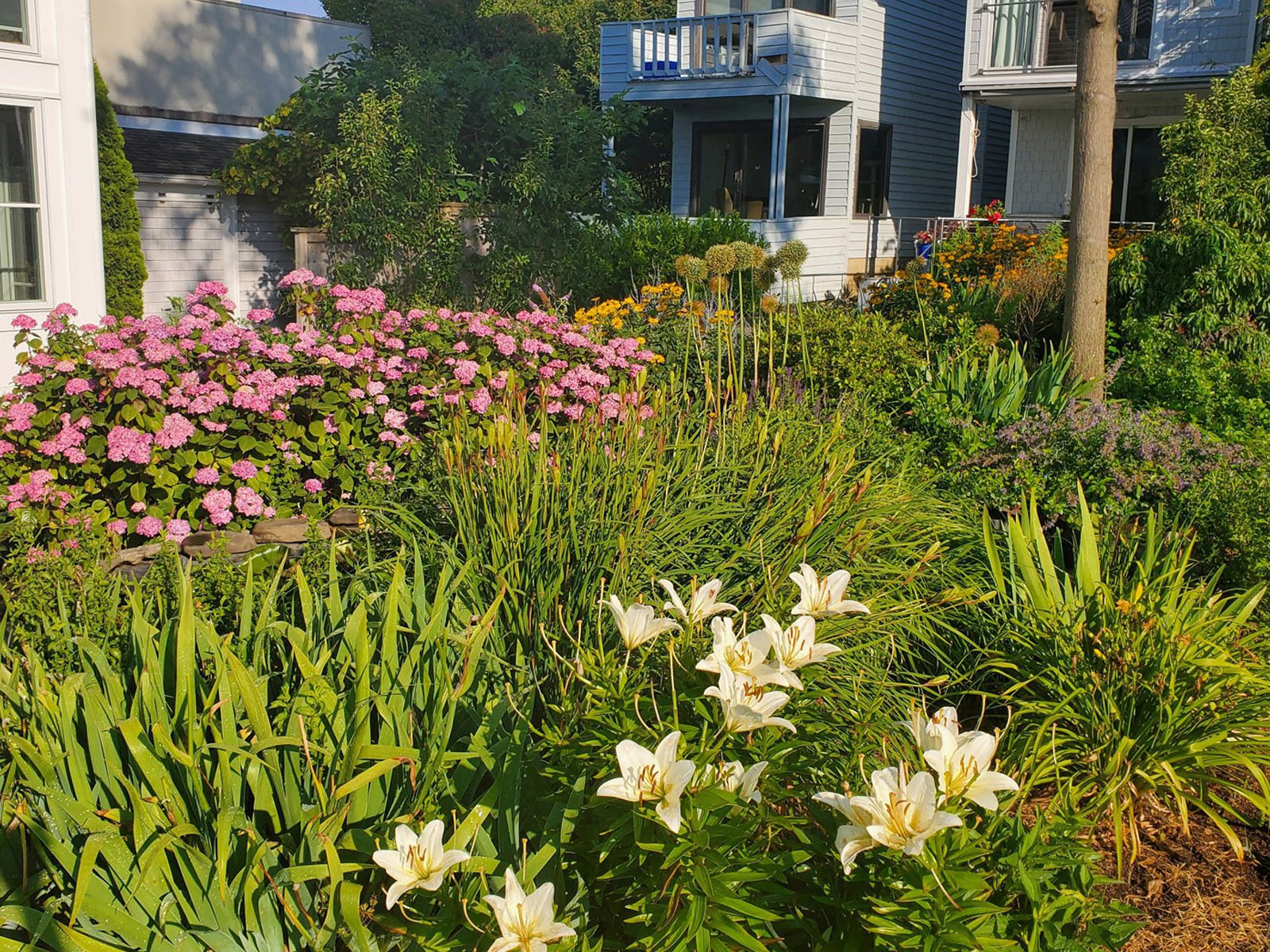
Discover the Art of Garden Design with Garden Girls in Annapolis, MD
July 12, 2024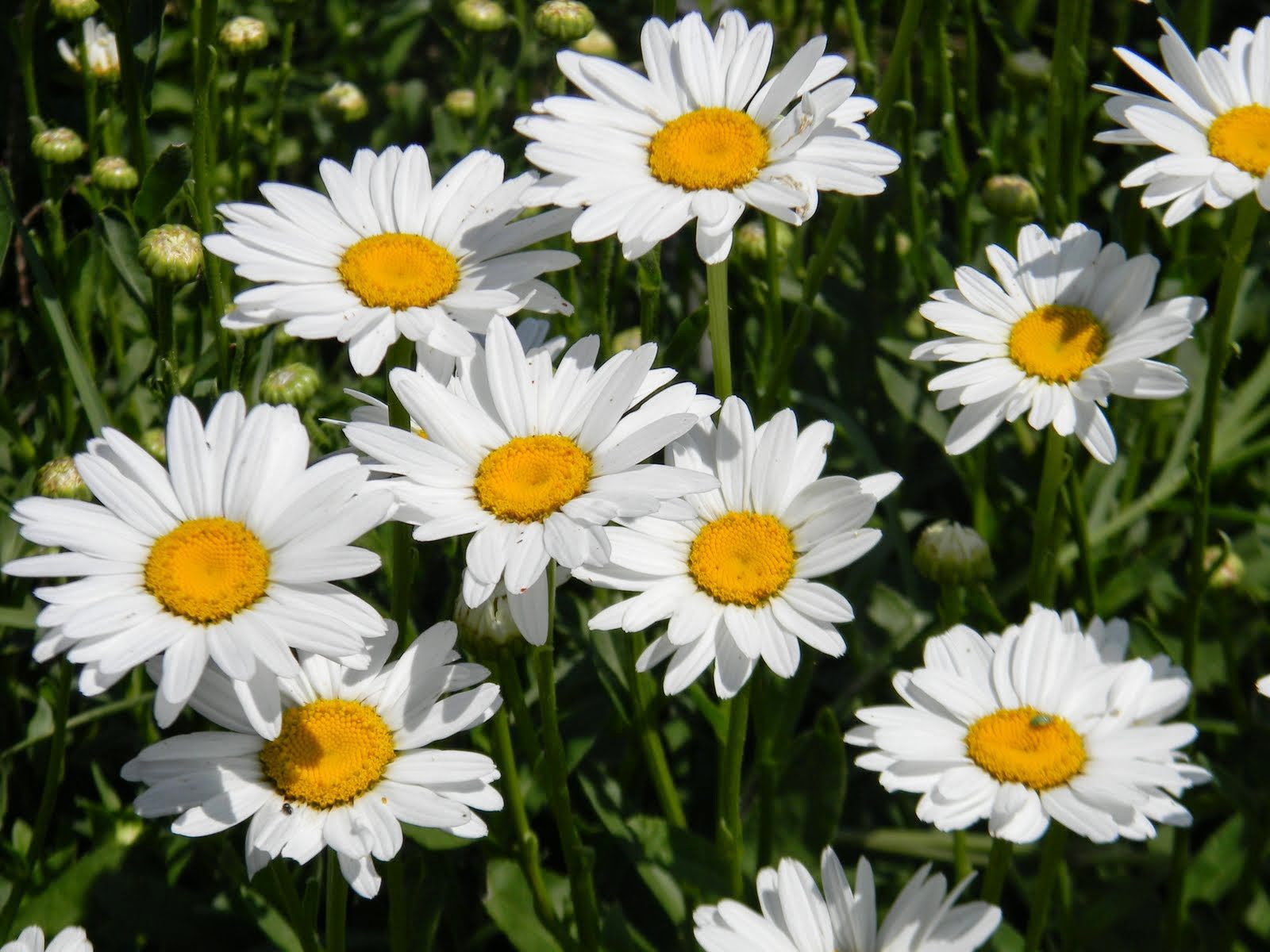
Transform Your Outdoor Space with Garden Girls LLC
August 9, 2024Understanding Stormwater and Its Impact
Stormwater is a natural part of our environment, but urbanization has significantly altered how it behaves. In Annapolis, MD, like many urban areas, impervious surfaces such as roads, rooftops, and sidewalks prevent water from naturally soaking into the ground. This can lead to increased runoff, which carries pollutants into our waterways, causes flooding, and erodes soil. Effective stormwater control is essential to mitigate these issues and protect our local ecosystems.
The Role of Rain Gardens in Stormwater Management
Rain gardens are an excellent solution for managing stormwater. These gardens are designed to capture and absorb runoff from impervious surfaces, reducing the amount of water that flows into storm drains and, ultimately, into our rivers and streams.
Benefits of Rain Gardens
- Pollution Reduction: Rain gardens help filter pollutants such as fertilizers, pesticides, and motor oil from runoff, improving water quality.
- Flood Mitigation: By absorbing and slowing down runoff, rain gardens reduce the risk of flooding in urban areas.
- Erosion Control: Rain gardens prevent soil erosion by stabilizing the soil with deep-rooted plants.
- Habitat Creation: They provide habitats for local wildlife, including birds, butterflies, and beneficial insects.
- Aesthetic Appeal: These gardens enhance the beauty of your landscape, adding color and texture.
Designing and Installing a Rain Garden
Creating a rain garden involves careful planning and design. Here are some key steps to consider:
- Site Selection: Choose a location that receives runoff from your roof, driveway, or other impervious surfaces. Avoid areas with standing water.
- Sizing: The size of your rain garden depends on the amount of runoff you need to manage. A general rule of thumb is to make the garden 1/3 the size of the area contributing runoff.
- Soil Preparation: Test the soil to determine its drainage capacity. Amend the soil with compost to improve absorption if necessary.
- Plant Selection: Choose native plants that are adapted to the local climate and soil conditions. Native plants require less maintenance and provide better habitat for wildlife.
- Installation: Dig a shallow depression, add a layer of compost, and plant your chosen vegetation. Mulch the garden to retain moisture and suppress weeds.
The Importance of Rain Barrels
Rain barrels are another effective tool for stormwater management. These containers collect and store rainwater from your roof, which can be used later for irrigation, reducing the demand on municipal water supplies.
Benefits of Rain Barrels
- Water Conservation: Rain barrels conserve water by providing an alternative source for watering your garden, washing your car, or other non-potable uses.
- Cost Savings: Using stored rainwater can reduce your water bills, especially during dry periods.
- Runoff Reduction: By capturing rainwater, rain barrels help reduce the volume of runoff entering storm drains and waterways.
- Erosion Prevention: They help prevent erosion around the foundation of your home by reducing the force of water runoff.
Installing and Maintaining a Rain Barrel
Installing a rain barrel is a straightforward process. Here’s how to get started:
- Choose a Barrel: Select a rain barrel that suits your needs. Many barrels come with spigots for easy access to stored water.
- Position the Barrel: Place the barrel under a downspout to capture roof runoff. Elevate the barrel on a sturdy platform to make accessing the water easier.
- Install a Diverter: A downspout diverter directs water into the barrel and prevents overflow during heavy rain.
- Maintenance: Regularly check the barrel for debris, clean the screen to prevent clogs, and use the stored water within a week to prevent mosquito breeding.
Combining Rain Gardens and Rain Barrels
For optimal stormwater management, consider combining rain gardens and rain barrels. The rain barrel can capture initial runoff, and any overflow can be directed to a rain garden. This combination maximizes water conservation and minimizes runoff, providing a holistic approach to stormwater control.
Garden Girls: Your Partner in Sustainable Landscaping
At Garden Girls in Annapolis, MD, we specialize in creating sustainable landscapes that enhance beauty and functionality. Our team of experts can help you design and install rain gardens and rain barrels tailored to your property’s unique needs. We are committed to promoting environmentally friendly practices that protect our local waterways and contribute to a healthier ecosystem.
Conclusion
Effective stormwater control is crucial for protecting our environment and maintaining the beauty of Annapolis, MD. Rain gardens and rain barrels are practical, sustainable solutions that offer numerous benefits, from reducing pollution and erosion to conserving water and enhancing landscape aesthetics. Garden Girls is here to assist you in implementing these green practices, ensuring your landscape is both beautiful and eco-friendly. Contact us today to learn more about our services and how we can help you create a sustainable outdoor space.

